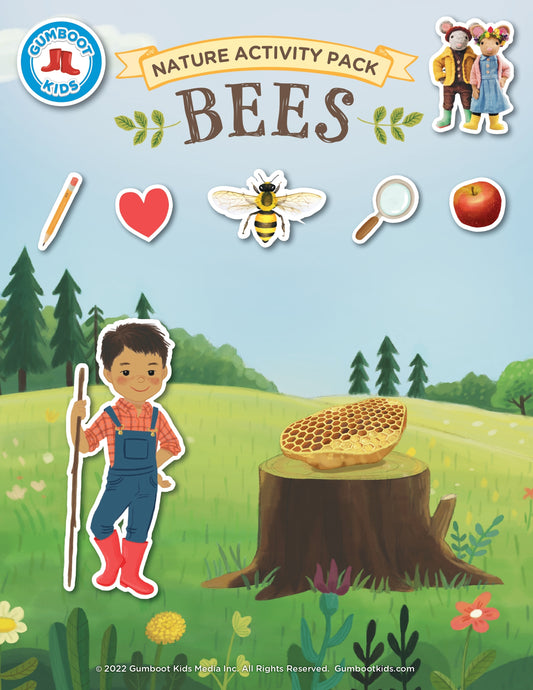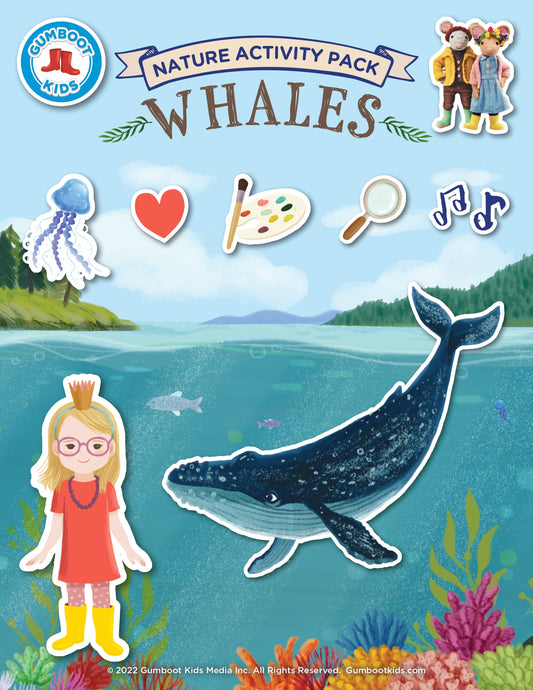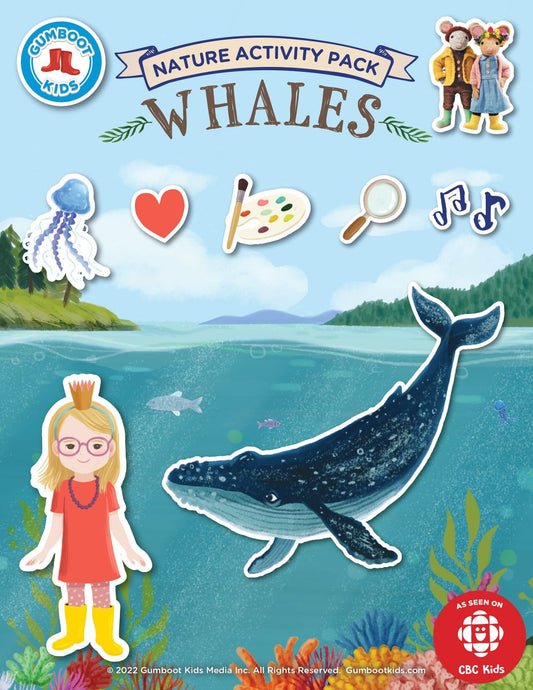Conduct Disorder is a mental health disorder in children and adolescents that is characterized by persistent patterns of violating the rights of others and breaking societal norms. Children with conduct disorder may struggle with aggression, impulsive behavior, and a lack of empathy towards others. Being in nature can be a beneficial intervention for children with conduct disorder.
Studies have shown that spending time in nature can improve mood, decrease stress, and increase relaxation. These benefits can help children with conduct disorder who may struggle with emotional regulation and have high levels of stress and anxiety. In addition, being in nature can provide a sense of freedom and a break from societal norms that children with conduct disorder may feel constrained by. Nature can also offer opportunities for physical activity and exploration, which can help reduce aggression and impulsive behavior.
Furthermore, nature-based therapy, which incorporates nature into therapeutic interventions, has been shown to be an effective treatment for conduct disorder. This type of therapy can provide a safe and supportive environment for children to learn new coping skills and behaviors, while also promoting a deeper connection with nature.
In summary, being in nature can be a valuable intervention for children with conduct disorder, offering a range of physical and emotional benefits that can aid in their treatment and overall wellbeing.




